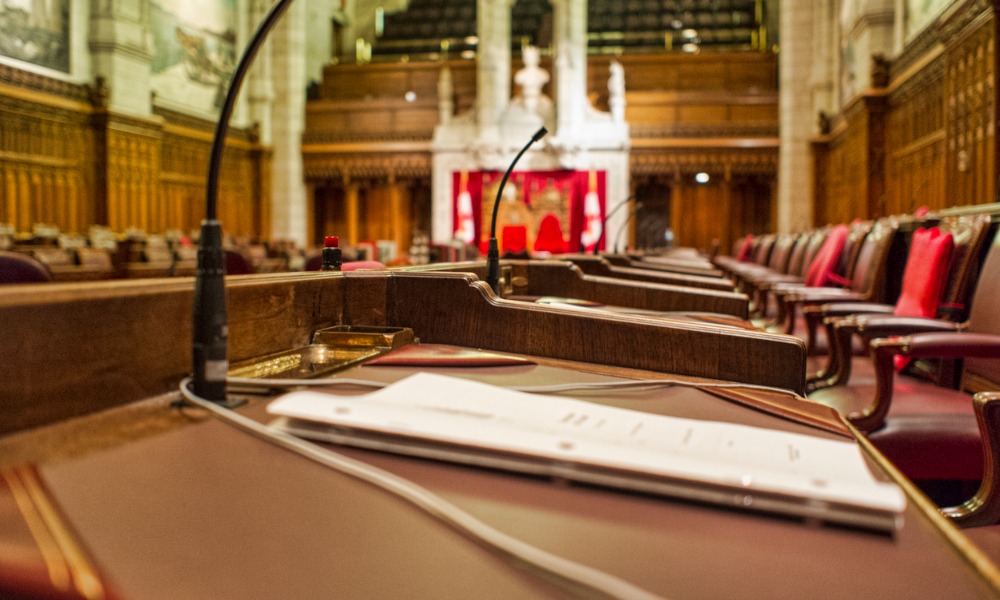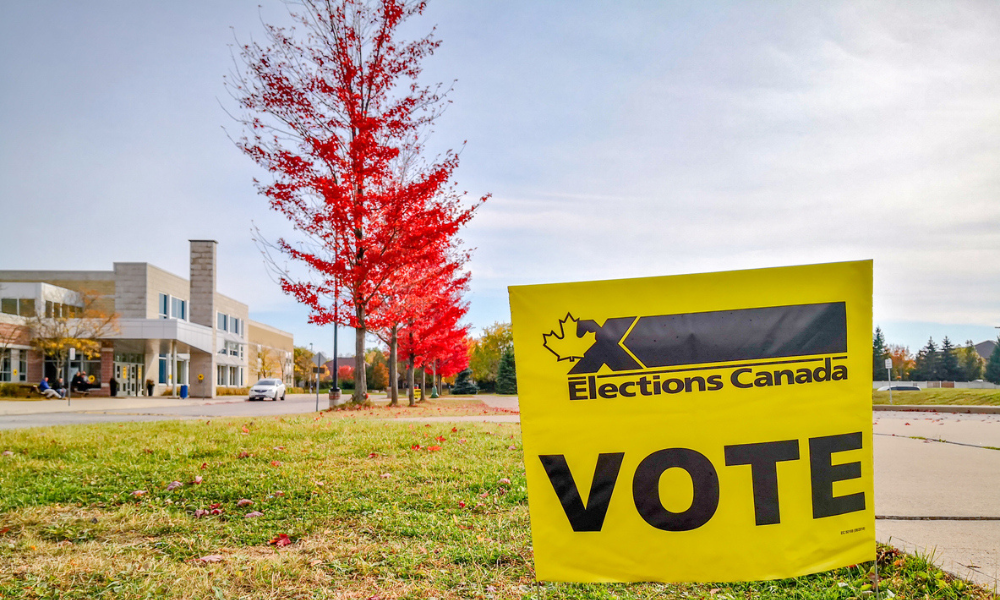A Toronto disc jockey will be allowed to register a trademark for the term “6IX” in association with DJ-related services in Canada, despite an opponent’s evidence that the term was popularized by musical artist Drake.

A Toronto disc jockey will be allowed to register a trademark for the term “6IX” in association with DJ-related services in Canada, despite an opponent’s evidence that the term was popularized by musical artist Drake.
The decision, 2018 TMOB 156, before the Trade-marks Opposition Board of the Canadian Intellectual Property Office, involved a trademark registration application by Michael Di Cosmo, which was opposed by October’s Very Own IP Holdings.
Drake was not listed as an opponent on the application, but October’s Very Own is listed on Drake’s official website “as all-encompassing lifestyle brand, including his clothing company, his record label OVOSOUND and his annual OVOFEST.” October’s Very Own also submitted evidence referencing Drake, including a CBC article, Trade-marks Opposition Board member Cindy Folz wrote.
Most Read
In August 2014, Drake tweeted, “My album title is VIEWS FROM THE 6. The 6 is Toronto.” The 2016 album, “Views,” which features an image of Drake atop Toronto’s CN Tower, is listed by iTunes as “Drake’s tour through the city that made him,” and went on to gain worldwide exposure when Drake broke records as the most-streamed artist online. A January 2019 Google Trends search of the term “6IX” shows an upward trend from August 2014 to a peak in February 2018 in Canada.
Di Cosmo’s December 2014 application said he had used the mark, 6IX, since April 2000, including on T-shirts distributed at performances, in contests, and for “liking” the DJ’s Facebook page. Di Cosmo also said in an affidavit that he had performed under the name 6IX “on more than 200 occasions for many thousands of patrons at nightclub venues and special events throughout Ontario.” Di Cosmo presented evidence of flyers that had advertised his services as 6IX.
October’s Very Own IP Holdings also filed an application for the trademark 6IX in August 2015, claiming the term 6IX had been used on T-shirts, hoodies and baseball caps since that time, said the decision, written by board member Cindy Folz.
In opposition to Di Cosmo’s application, October’s Very Own IP Holdings claimed that the trademark was not distinctive enough to distinguish Di Cosmo’s merchandise from other goods sold in Canada, including goods sold by October’s Very Own IP Holdings, Folz wrote.
“The Opponent further submitted that since late 2014, ‘the 6IX’ has taken on a meaning that is ‘well understood’ in the Toronto area to mean the 416 area code, i.e, the City of Toronto,” Folz wrote.
Di Cosmo was partially successful on the registration application: Cindy Folz, the member of the board that wrote the decision, allowed October’s Very Own’s opposition to Di Cosmo’s registration of a trademark on goods, but rejected the opposition to the trademark registration from services.
“Even if I had been satisfied that ‘the Six’ or ‘the 6ix,’ had become a well understood moniker associated with Toronto, again, I would not have found this evidence to be of much assistance to the Opponent as it does not show that 6IX has been made known in association with disc jockey or related services,” the decision said.
Still, Folz wrote, the “free distribution of t-shirts and other Goods for attending a performance, entering a contest or ‘liking’ the Applicant’s Facebook page” does not clearly equate to making a payment for a good for a profit, indicating the T-shirts were not “objects of trade in themselves.”
Jaimie Bordman, an Ottawa-based lawyer at Moffat & Co. who represented October’s Very Own IP Holdings, said in an email that the case was not related to the use of the trademark, only the registration of it. Bordman said he could not comment further on the matter as the client was unavailable to comment by press time.
John Simpson, principal of Toronto-based Shift Law who represented Di Cosmo, says the case was not to do with infringement, only with who was entitled to register a trademark.
Despite the “David and Goliath” nature of the dispute, Simpson says the decision, which could be challenged, came down to evidence. Simpson also noted that the case was unique to the average Canadian consumer.
“The Trade-marks Opposition Board, much like a court, is not going to take judicial notice of ‘Drake is a big deal and everyone knows that Drake is the 6ix.’ You need to prove that,” says Simpson.
Catherine Lovrics, a partner Bereskin & Parr LLP in Toronto who was not involved in the case, says that while it was not in the most substantive part of the decision, the board’s remarks on merchandise were interesting from a legal perspective, particularly the value of Facebook “likes,” in the normal course of trade.
“We live in this free, consumer-culture world where value of impressions on social media are actually significant,” says Lovrics. “So that finding is interesting.










